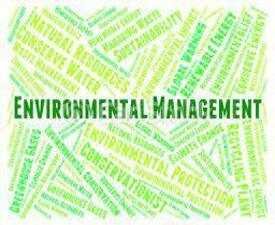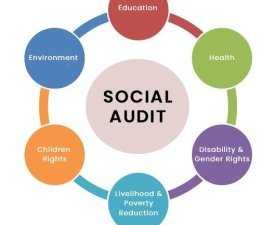Description
Program Duration
-
Full-time: 1–2 years (varies by institution)
-
Part-time/Online: Flexible options available
Entry Requirements
-
High school diploma or equivalent (some institutions may require science or geography background)
-
English proficiency (for non-native speakers)
-
Some programs may require an interview or personal statement
Course Modules/Core Subjects
-
Introduction to Environmental Science
-
Ecosystems, biodiversity, and natural resource management
-
-
Sustainable Development Principles
-
UN Sustainable Development Goals (SDGs), green economy, and circular economy
-
-
Climate Change & Mitigation Strategies
-
Causes, impacts, and adaptation/mitigation techniques
-
-
Environmental Policy & Legislation
-
National and international environmental laws and regulations
-
-
Waste Management & Pollution Control
-
Recycling, waste reduction, air/water/soil pollution management
-
-
Renewable Energy & Green Technologies
-
Solar, wind, hydropower, and energy efficiency
-
-
Corporate Sustainability & ESG (Environmental, Social, Governance)
-
Sustainable business practices and corporate responsibility
-
-
Environmental Impact Assessment (EIA)
-
Techniques for evaluating development projects
-
-
Community Engagement & Environmental Education
-
Public awareness campaigns and stakeholder involvement
-
-
Research Project / Internship (Practical Training)
-
Hands-on experience in environmental management
Career Opportunities
-
Environmental Consultant
-
Sustainability Officer
-
Waste Management Specialist
-
Climate Change Analyst
-
Conservation Officer
-
Environmental Policy Advisor
-
Corporate Social Responsibility (CSR) Manager
Further Studies
Graduates can pursue a Bachelor’s degree in:
-
Environmental Science
-
Sustainable Development
-
Natural Resource Management
-
Climate Studies
Why Choose This Program?
-
Growing demand for sustainability professionals
-
Hands-on training with fieldwork and case studies
-
Opportunities to work with NGOs, government agencies, and private sectors




